Before Answering your Question let me give you short brief about Entity Framework
Using the Entity Framework to write data-oriented applications provides the following benefits:
Reduced development time: the framework provides the core data access capabilities so developers can concentrate on application logic.
Developers can work in terms of a more application-centric object model, including types with inheritance, complex members, and relationships. In .NET Framework 4, the Entity Framework also supports Persistence Ignorance through Plain Old CLR Objects (POCO) entities.
Applications are freed from hard-coded dependencies on a particular data engine or storage schema by supporting a conceptual model that is independent of the physical/storage model.
- Mappings between the object model and the storage-specific schema can change without changing the application code.
- Language-Integrated Query support (called LINQ to Entities) provides IntelliSense and compile-time syntax validation for writing queries against a conceptual model.

Going Back to your first Question
Entity framework is useful in three scenarios.
1- First, if you already have existing database or you want to design your database ahead of other parts of the application. (Which is your current case)
2- Second, you want to focus on your domain classes and then create the database from your domain classes.
3- Third, you want to design your database schema on the visual designer and then create the database and classes.

2) in EF can I create methods specific to my objects? For instance, can I make it so my application can call something like employee.ViewDetails() where an employee is an object? If so, is there a simple tutorial you could recommend?
Yes Sure Take a look on this:
- https://msdn.microsoft.com/en-us/library/dd456847.aspx
- http://www.asp.net/mvc/overview/older-versions-1/models-data/creating-model-classes-with-the-entity-framework-cs
3) Is EF portable between applications? Meaning, is it easy to build an EF structure and then port it to multiple applications? I can just do that by referencing it from different solutions?
you might need to Implementing the Repository Patterns
Have a look at this Amazing tutorial
Hope this helps!
Wish you the best :)

